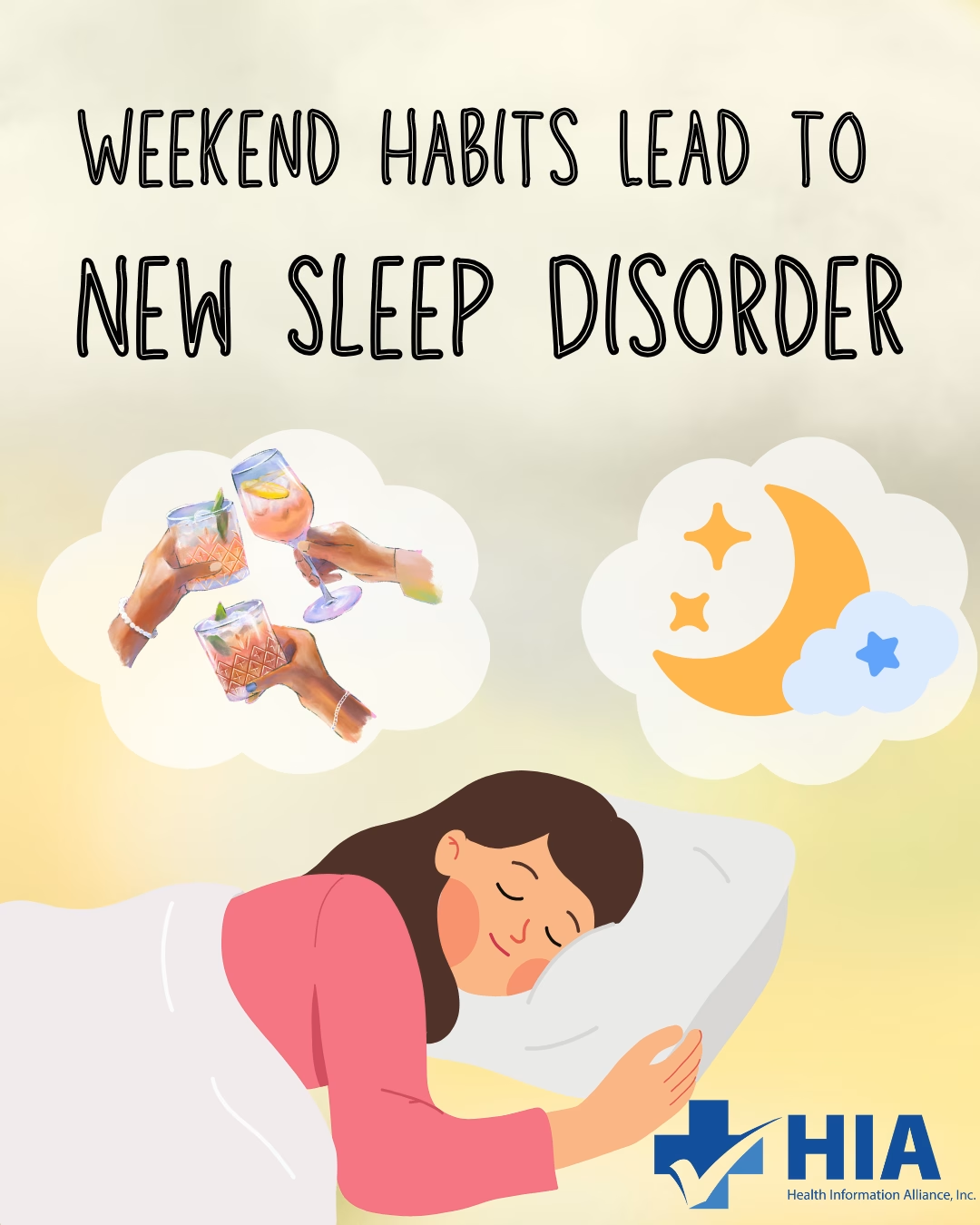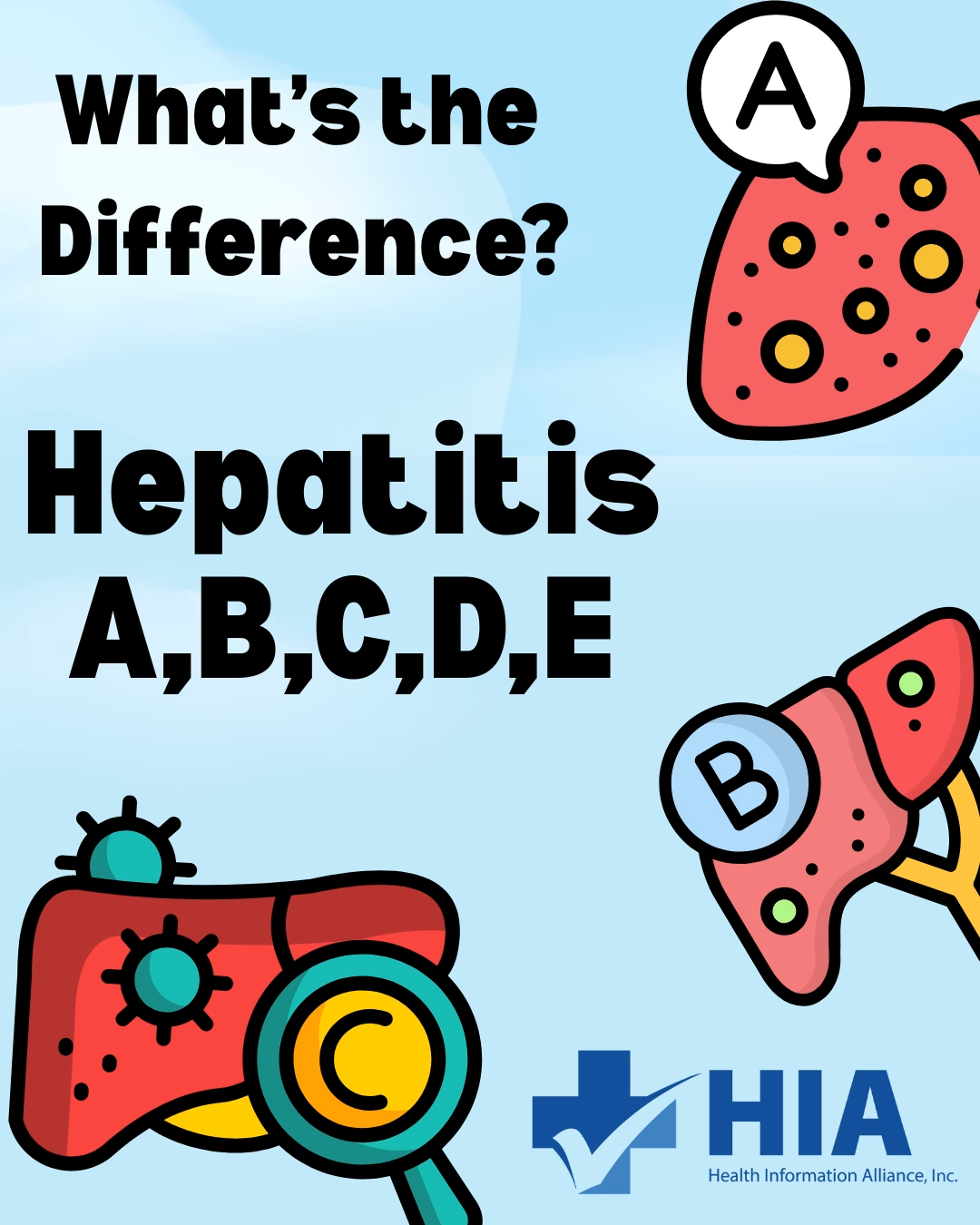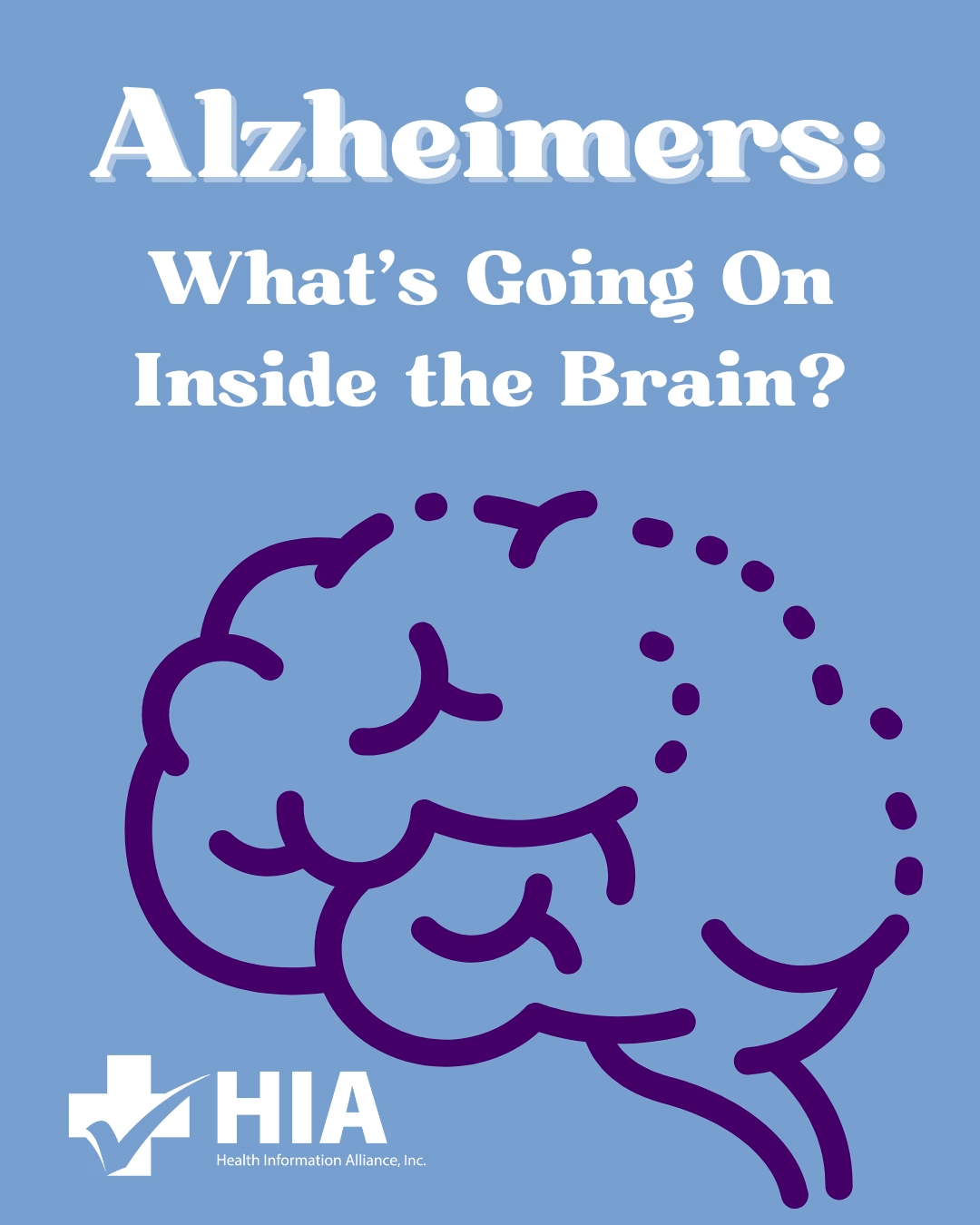A Deep Dive into Everyday Health, NIMH, and Psychology Today Perspectives
Self-care practices and mental health have a synergistic relationship that becomes apparent when one seeks optimal health. This summary presents a thorough understanding of self-care, mental health, and the complex relationship between the two from the perspectives of three different sources.
Everyday Health defines self-care as a purposeful practice intended to maintain and improve health in multiple dimensions. By positioning self-care as a crucial component of a holistic approach to overall well-being, it refutes the idea that it is only an indulgence.
A variety of aspects of self-care are covered in the article, including sleep, exercise, mindfulness, and diet. The information provides useful advice and doable actions for incorporating self-care into everyday life. It is based on professional insights and personal experiences. The article emphasizes the significant impact self-care has on one’s physical, emotional, and mental well-being by framing it as a necessity rather than a luxury.
Going on to mental health, the National Institute of Mental Health (NIMH) offers an extensive manual that acknowledges the fundamental relationship between mental and physical health. The article focuses on research-backed methods for preserving mental health, including stress reduction, developing resilience, getting professional assistance, and cultivating a network of supportive people. In addition to addressing mental health issues, the article works to lessen stigma by enabling readers to take an active role in maintaining their mental health. The significance of improving mental health care is highlighted by insights into particular mental health conditions as well as the critical role that research and innovation play.
Psychology Today expands on my research by examining the complex connection between mental health and self-care. The article emphasizes the mutual relationship between self-care practices and mental health, highlighting the beneficial effects of self-care on mental health and vice versa. Through comprehension and management of this ever-changing connection, people can cultivate a more profound sense of general well-being. Readers gain insight into crafting individualized self-care routines by reading about a variety of self-care practices and their effects on mental health. According to this article, taking proactive measures to take care of oneself greatly improves mental health outcomes, thereby enhancing the mutually beneficial relationship between health and mental health.
The integration of these references presents a clear image of the mutually beneficial connection between mental health and self-care. Self-care is positioned by Everyday Health as a crucial component of overall well-being, providing guidance to individuals on its principles. By providing evidence-based techniques and encouraging people to take an active role in their mental health journey, NIMH expands this story to include mental health. By highlighting the mutually reinforcing nature of their influence, Psychology Today explores the complex relationship between self-care and mental health. Adopting self-care habits allows people to approach well-being holistically, acknowledging the interdependence of mental, emotional, and physical health. This summary acts as a manual, inspiring people to incorporate self-care into their daily routines and resulting in a significant improvement in their mental health and general quality of life.
References:
Lawler, M. (2023, March 17). What is self-care, and why is it so important for your health? Everyday Health. https://www.everydayhealth.com/self-care/
National Institute of Mental Health. (2022 December). Caring for your mental health. https://www.nimh.nih.gov/health/topics/caring-for-your-mental-health
Vermani, M. (2023, February 22). The connection between self-care and mental health. Psychology Today. https://www.psychologytoday.com/us/blog/a-deeper-wellness/202302/understanding-the-mental-health-and-self-care-connection






